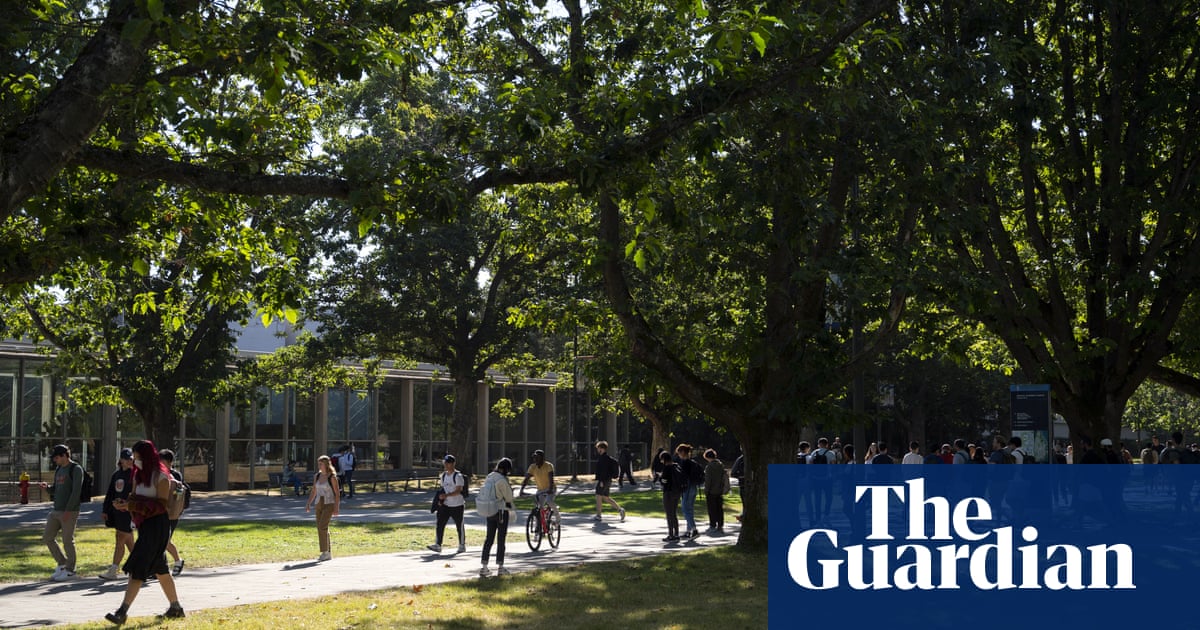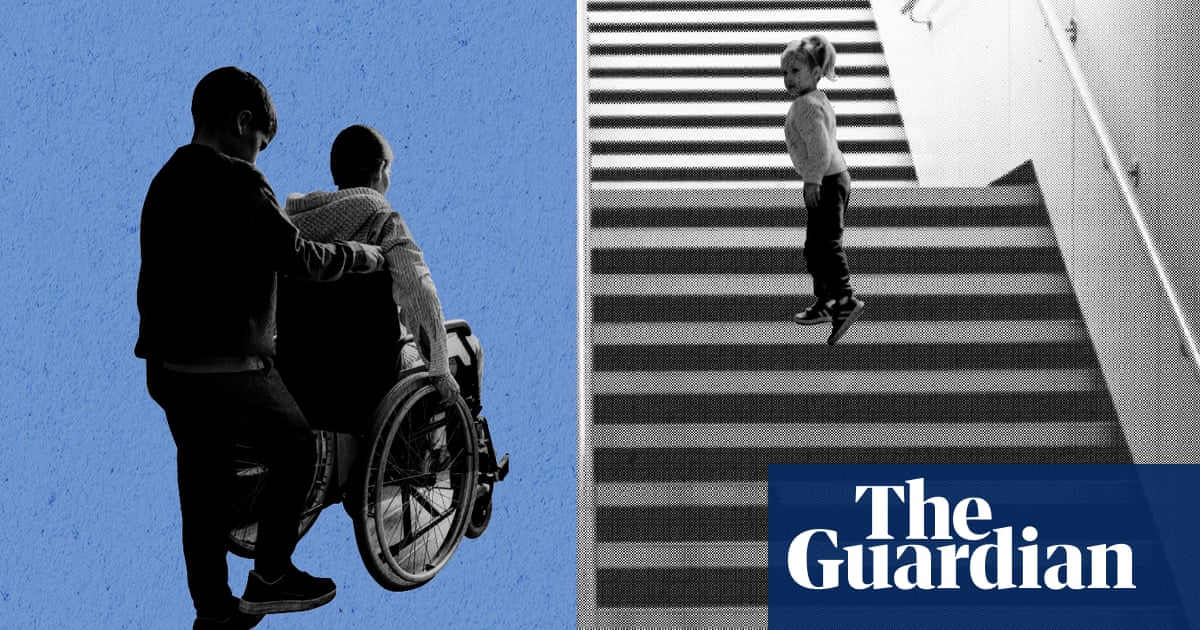In these bleak times, glimmers of hope often seem to come out of the pages of scientific research. Take what we know about exercise. Just in the past few months, we’ve learned that moderate exercise may almost halve the risk of postpartum depression for new mothers, and that even five minutes of exercise a day could help lower blood pressure.
But what really caught my eye recently was a study from Latin America that included roughly 10,000 people who were assessed over two decades using the Mexico City prospective study. The research, published in the British Journal of Sports Medicine, examined cognitive function with the aim of understanding the impact of exercise on mental ability, including mild dementia. The researchers took account of confounding variables such as age, diet, smoking and alcohol intake, nightly sleep and educational attainment, which have all been shown to affect overall health and wellbeing. By controlling for these factors, the contribution of physical activity towards mild cognitive impairment was estimated.
The study found that “weekend warriors” – that is people who exercise only once or twice a week – were 25% less likely to develop mild dementia than those who didn’t exercise at all; while those who were regularly active (at least three times a week) were 11% less likely. The authors of the study didn’t address why weekend warriors actually fared better than regular exercisers, but focused on the big picture: they estimate that 13% of mild dementia cases could be avoided if all middle-aged adults exercised at least once or twice a week.
While we have known about the benefits of physical activity for physical health, such as preventing diabetes and hypertension, for a long time, newer research is pointing to the positive effects on our minds. As a personal trainer, I’m used to telling individual clients and classes how we can make certain muscles “stronger”. But people should also be encouraged to think more expansively about what’s going on – to visualise their muscles producing small proteins travelling up to their brain to protect neural matter. This is what makes us feel happy and helps delay mild dementia. Referred to as “muscle-brain cross-talk”, exercise has increasingly been prescribed as an effective intervention for depression.
The latest analysis on mild dementia and exercise is exciting to read because it shows that you don’t have to do huge amounts of exercise – punishing daily regimes – to reap significant benefits to your health. So stop stressing if you can’t, or don’t want to, get up at 6am to exercise before work each day, or can’t make it to the gym in the evening because you prefer to see your friends or family. You can also look at your overall fitness plan, if you have one, in a weekly block, rather than being guilty if a few days go by when you’re not able to fit in movement. How active are you over seven days, and where can you add in enjoyable and easy ways to get moving – whether it’s a Sunday morning jog or a Saturday afternoon swim?
Those of us in the physical activity community often think about optimising fitness – what is the best exercise, compound set of moves, or new hack to introduce? But this incremental fixation, which is really about the fit becoming fitter, and tinkering around the edges, misses the bigger picture: the wider public health challenge of getting those who are inactive, or feel like they’re not sporty, to get moving. So three cheers to the researchers in Mexico City if it’s the incentive you need – even just a little bit of exercise can go a long way.
-
Prof Devi Sridhar is chair of global public health at the University of Edinburgh, and the author of How Not to Die (Too Soon)

 1 day ago
6
1 day ago
6













































